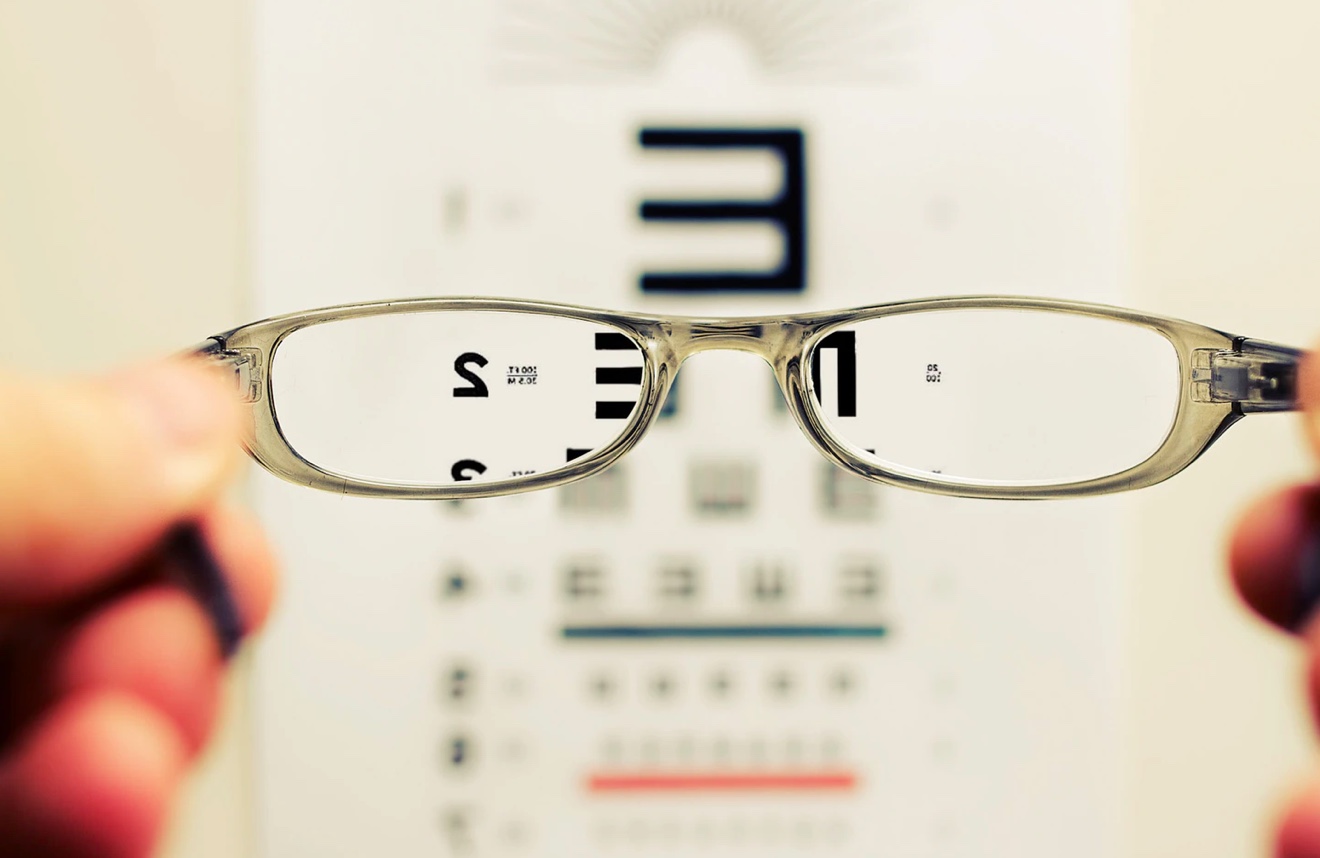What is Ophthalmology?
Ophthalmology is the branch of medicine that deals with the anatomy, physiology and diseases of the eye.
All evaluations that purport to diagnose eye disease should be carried out by a physician. An ophthalmologist is a doctor of medicine who specializes in the diagnosis and treatment of disorders of the eye, in addition to diagnosing systemic disease that manifest in eye signs or symptoms.
Since ophthalmologists perform operations on eyes, they are considered to be both surgical and medical specialists.
In fact, the only health professional trained both medically and surgically to treat eye disorders — especially the most serious eye diseases such as macular degeneration, diabetic retinopathy and glaucoma — is an ophthalmologist.
Ophthalmologists offer a comprehensive approach to ocular symptoms and disease. As well as diagnosing and treating ocular disease either by medical or surgical means, ophthalmologists offer comprehensive ocular-visual assessment, which may include the prescription of corrective lenses.
Learn more about the role of an ophthalmologist in your vision care team.
In Canada, graduates of medical school must complete an ophthalmology residency to become an ophthalmologist. The residency lasts a minimum of five years after the MD degree.
Extensive surgical experience is incorporated into the last 24 months of training to become an ophthalmologist. Many ophthalmologists continue their training for a further 12-24 months in a variety of subspecialties.
Historically, the practice of ophthalmology has encompassed all aspects of visual function in health and disease, including refraction, orthoptics, binocular vision and strabismus. Medical and surgical treatment of disease involving the visual system and awareness of ocular manifestations of systemic disease are also an integral part of the practice of ophthalmology.
As a discipline, ophthalmology also applies to animal eyes, since the differences from human practice are surprisingly minor and are related mainly to variations in anatomy or prevalence as opposed to disease processes.
However, veterinary medicine is traditionally regulated separately in most countries, including Canada, resulting in few ophthalmologists treating both humans and animals.

Did you know?
The word ophthalmology comes from the Greek roots ‘ophthalmos’, meaning eye and ‘logos’ meaning word, thought, or discourse. Ophthalmology literally means ‘the science of eyes’.



